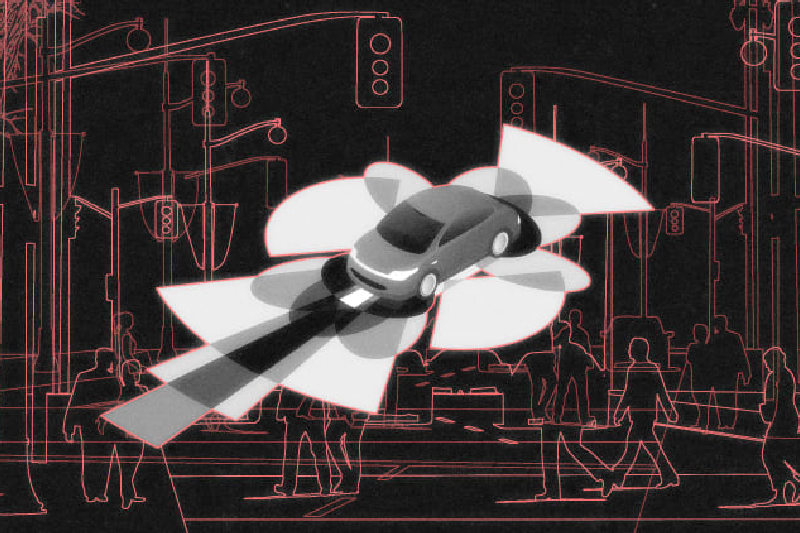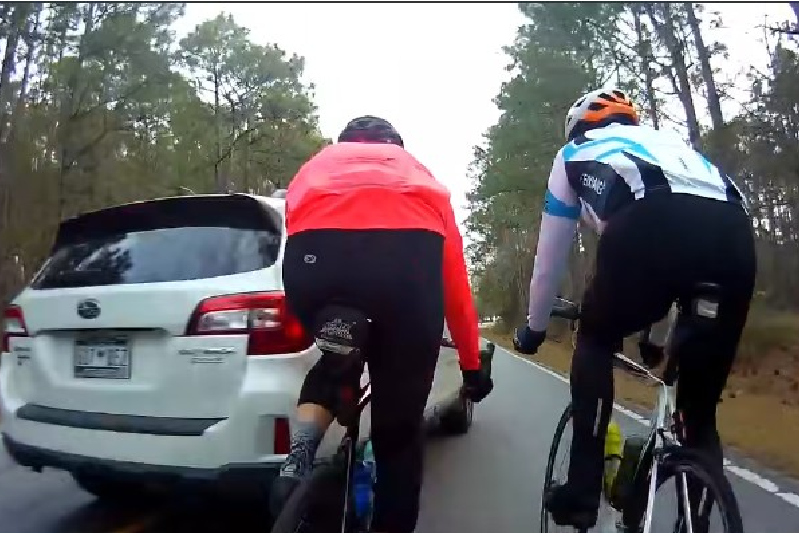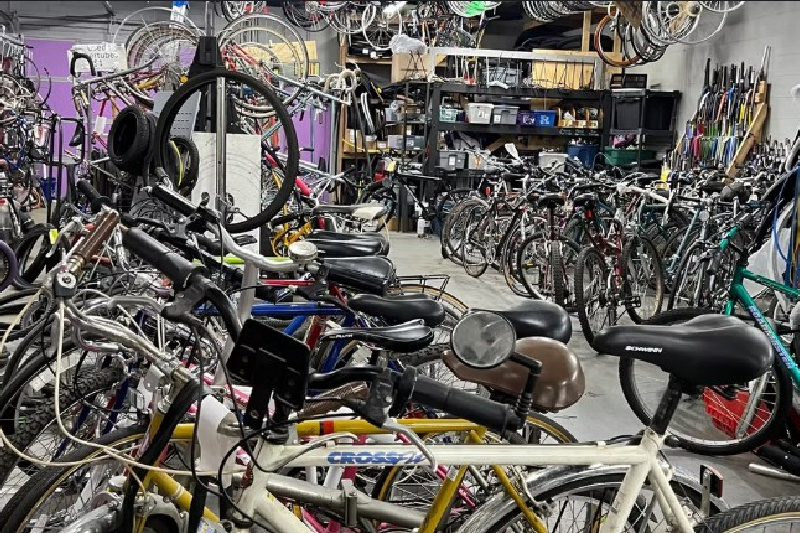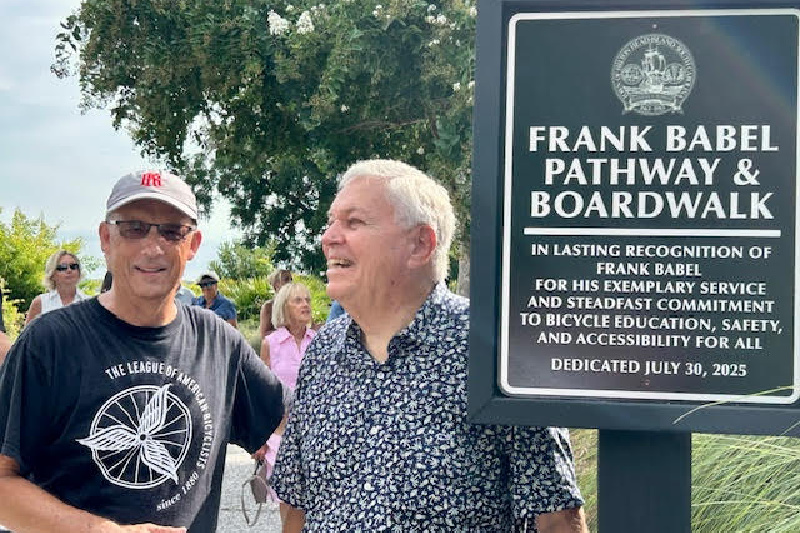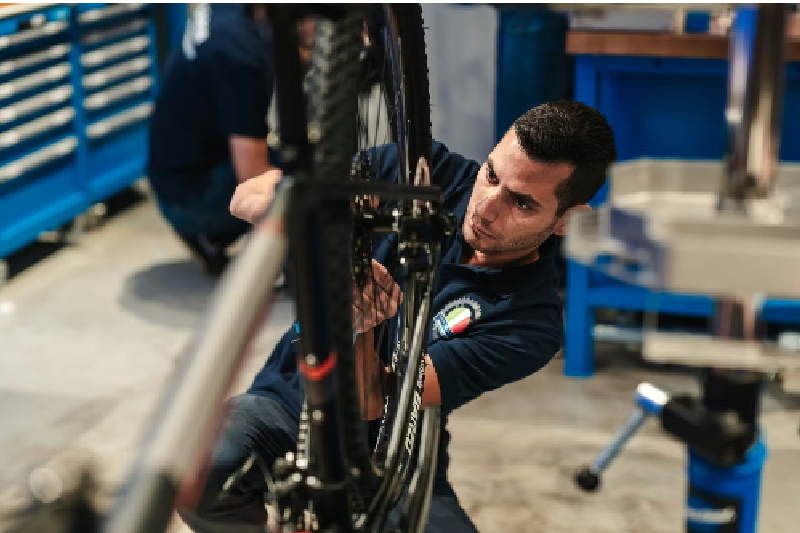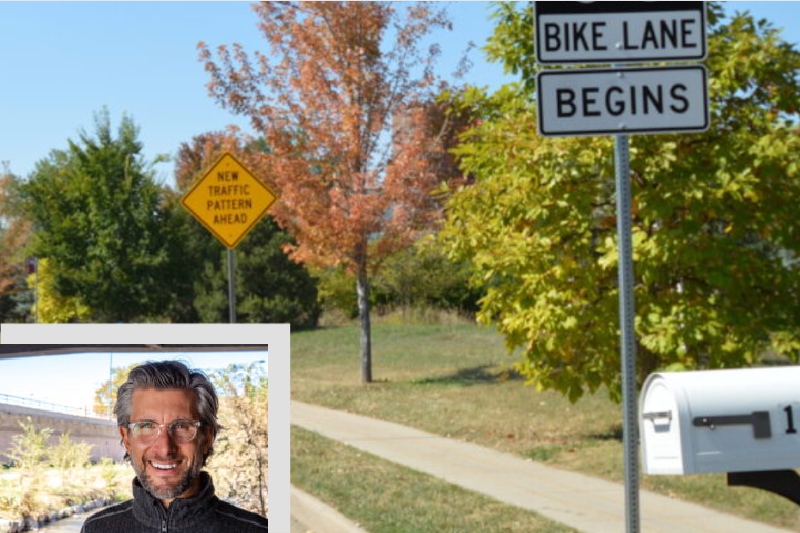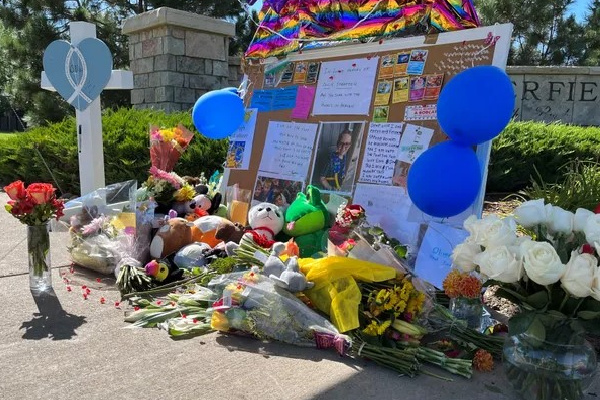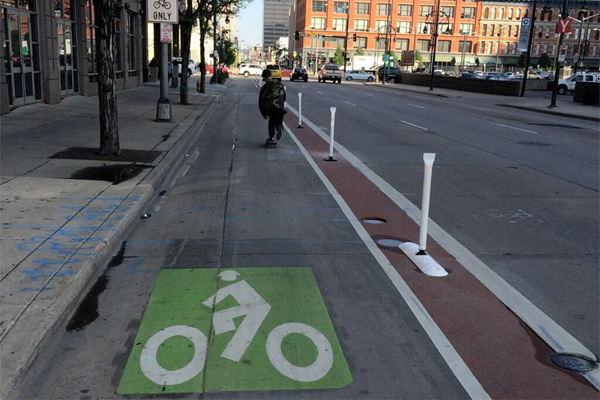By: Michael White, Co-Founder, The White Line.
Our son did everything right. A reckless driver still killed him. Technology could have stopped it.
Right now, America is facing a traffic safety crisis unlike anything we’ve seen in decades. And it’s only accelerating: 2023 was the deadliest year for pedestrians and cyclists in 45 years. Crashes are rising in nearly every state. The National Highway Traffic Safety Administration just warned that traffic deaths are staying at “persistently high levels,” despite fewer people commuting post-pandemic.
Meanwhile, distracted driving deaths jumped nearly 12% last year alone, according to the latest federal data. Everywhere you look, it’s getting more dangerous to move through your own neighborhood, whether you’re walking your dog, riding your bike, or just driving home from work. It is a daily, growing threat to your family, your friends, and your community.

A common nightmare
Twenty-one months ago, my 17-year-old son Magnus was out on a training ride. He was on the U.S. National Cycling Team and was a U.S. National Cycling Champion. It was a Saturday at 12:30 pm. He was doing everything right. He was riding on a designated bike route, on the far right of a wide, 10-foot shoulder, wearing his Team USA cycling kit. A driver stayed up all night, drank whiskey and took prescription drugs, then got behind the wheel of her car. The driver passed out, crossed the white line into the shoulder at 60 mph, and drove straight through Magnus, never touching the brakes.
Since Magnus’s death, I’ve met countless other families living the same nightmare. Families who lost children, parents, siblings, good people who were doing everything right as a pedestrian or cyclist, but paid the ultimate price for someone else’s reckless choices.
This isn’t rare. It’s happening every day, all over America.
Technology can move faster
The brutal truth is that humans are flawed. We choose to speed. We choose to look at our phones. We choose to drive drunk. Our infrastructure is flawed too, especially here in the U.S. Streets designed for speed, not safety. Crosswalks painted on four-lane highways. Stop signs placed where they don’t slow anyone down. And rebuilding all of it would take decades and dollars that we don’t have.
But technology can move faster. Technology can sometimes even compensate for human mistakes. It can spot dangers our eyes miss, respond faster than our reflexes, and protect lives even when people choose to drive recklessly. The technology exists today to save lives. It’s real, it’s proven, and it’s ready.
Safety features like lane-keep assist, automatic emergency braking (AEB), and blind-spot detection aren’t luxury add-ons. They’re lifesaving necessities. AEB alone cuts rear-end crashes by up to 50% and blind-spot monitoring reduces lane-change crash injuries by 23%.
And yet, carmakers still sell models without them. Insurers still treat them as optional. Buyers still skip them to save a few hundred dollars at the dealership. If we want to stop the daily slaughter on our roads, the bare minimum must be mandating that all cars in the U.S. have this technology that corrects for human error. Immediately.
Smart infrastructure powered by AI is already saving lives too. Cities like Bellevue, Washington, have seen serious crash reductions of over 20% after installing AI-powered traffic systems that predict and prevent accidents. Impaired driving is also solvable. On-demand breathalyzers, smartphone saliva tests, and eye-tracking sensors are all tools that already exist to stop drunk and high drivers before they even start the ignition. Uber is already testing real-time driver sobriety verification. Why aren’t carmakers racing to put similar tech in every new vehicle?
Better data
Most importantly, we critically need better access to traffic incident data. Today, vital data on where, when, and how these vulnerable road user deaths and incidents happen is scattered, outdated, and buried behind bureaucratic walls. Advocates fighting for reform can’t build a case without it. Companies trying to engineer safer roads and smarter vehicles can’t act fast enough without it either.
Technology and data companies must come together to unlock real-time, public access to nationwide safety data. Lives depend on it. Evidence fuels change. Right now, we are starving for it.
Heightened urgency
The tools are here, and they work. What’s missing is urgency. Here’s what must happen:
- Lawmakers must make safety tech standard in the U.S., not optional.
- Insurers must reward drivers and companies that use lifesaving technology.
- Consumers must refuse to buy vehicles without proven safety features.
- Technology companies must push harder, louder, and faster for adoption.
Magnus’s death was preventable. Hundreds of thousands of lives could be saved if we stop dragging our feet and demand better.
Private industry and technology have handed us the tools to make death and injury on our roads obsolete. It’s up to tech, business, and political leaders here in the U.S. to make them mandatory. The future we need is within reach. Now we have to have the will to make it happen.
By: Michael White, Co-Founder, The White Line.
